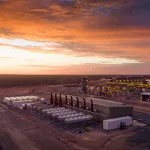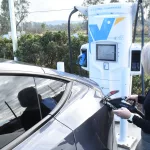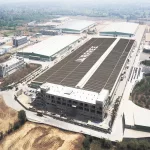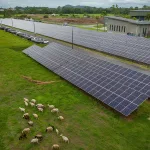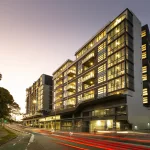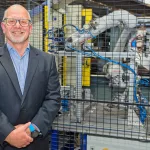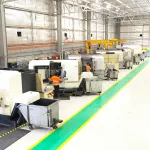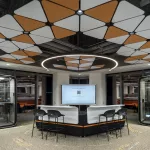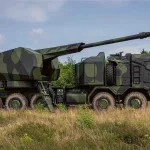Lighting is changing the way people light and think about their world in commercial, industrial, municipal and residential settings. Today, light is intelligent and no longer reserved for illumination alone. In line with this, GE is connecting energy-saving LEDs with state-of-the-art software, unleashing a whole new potential for how we light and think about our world. The company recently announced several collaborations to enable intelligent cities, buildings and homes.
“We are in a whole new era where lighting harnesses the power of big data to create additional value streams for our customers,” said Henry Eng, President & CEO, GE Lighting Asia. “We are giving lighting the ability to listen, learn and see, delivering innovative LED solutions customised to our customers’ unique needs.”
INTELLIGENT BUILDINGS
GE recently announced a collaboration with Qualcomm Atheros to bring indoor positioning technology, a form of Visible Light Communication (VLC ) – to major retailers. This collaboration allows LED bulbs and fixtures that “talk” to shoppers’ smartphones and tablets though unique lighting pulse patterns, delivering indoor navigation/mapping, product information and special offers or coupons for nearby products.
“Today’s consumers want a customised experience – from the news they read, to the games they play, to the products they buy, they expect technology-driven personalisation,” said Jeff Bisberg, Global General Manager, Indoor Location, GE Lighting.
“Working with Qualcomm Atheros, GE is harnessing the power of our commercial LED lighting to give retailers the opportunity to create an enhanced experience for shoppers securely, while respecting their privacy.”
Beyond the retail industry, lighting-based indoor positioning systems also could see application in airports, hotels, hospitals and many other environments where it is beneficial to know your exact location.
INTELLIGENT CITIES
From high street lighting costs to traffic congestion, parking allotments and emergency response, cities across the world juggle a variety of challenges. By repurposing street lights with LEDs containing sensors, controls, wireless transmitters and microprocessors, cities will be able to create new opportunities for reducing cost, optimising their operations and creating value-added services for residents, making their cities even more liveable and workable.
Cities on both US coasts – San Diego, California and Jacksonville, Florida – are the first to pilot GE’s Intelligent Environments for Cities solution, which uses LED street lighting installations to connect, collect and analyse data being generated, helping cities run more efficiently and providing new services and conveniences for residents and visitors.
The potential opportunities for this solution are truly endless. For instance, parking downtown may be a pain, but not in the intelligent city of the future. Networked LED street lights will have the ability to direct drivers to available spaces with the help of built-in sensors and wireless transceivers.
The same streetlight could serve as a sensor and give warnings in the event of a hurricane or other event through a public-address speaker concealed within the light post. In another scenario, microprocessors and other sensors could work together to give emergency responders real-time views of an area as they are responding to an emergency call before they even arrive on scene.
These features are examples of what could be driven through this solution in the future.
INTELLIGENT HOMES
Affordable, connected solutions are even making it possible for people to manage the lighting in their homes from anywhere in the world, allowing dimming and scheduling, such as automating lights to turn on when you wake up, turn off when you leave or dim when bedtime approaches.
In time, bulbs could even be ‘taught’ to respond to an individual’s presence or a change in light level thanks to learning algorithms that record and recall personal preferences. The fact is lighting is just one aspect of the future connected home, where appliances such as washers, dryers, ranges and refrigerators all function from a single, unified hub.
The power of the Industrial Internet is fast evolving the lighting industry. “Thanks to smaller sensors, smarter processors and big imaginations, the years ahead promise an unprecedented shift in the role lighting plays in our lives. We won’t know it at first, but when parking’s a cinch and shopping’s done in a snap, and we return to our lit homes, then we’ll feel light’s touch all around us, connecting us all in new ways,” GE said.






